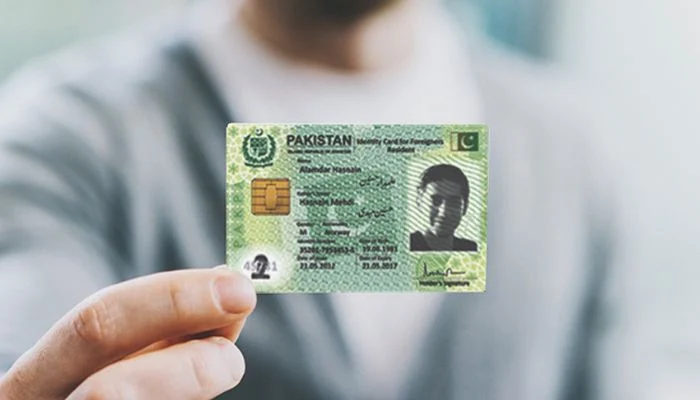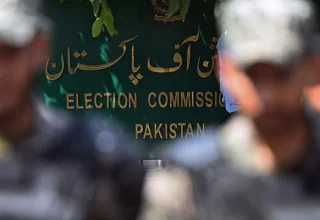
WEB DESK, July 26(ABC): After three years of repeated attempts to get her digital national identity card, Rubina – a woman from the Pakistani city of Karachi – decided to take her battle to court, winning a landmark victory.
Until then, Pakistanis had not been able to get the Computerized National Identity Card (CNIC) unless they presented their father’s ID card – an impossibility for many people, including those like Rubina who were raised by single mothers.
The card is vital to vote, access government benefits including public schools and healthcare, open a bank account or apply for jobs.
“I would turn up there, and be told to bring my father’s card,” said Rubina, 21.
“My mother raised me after my father abandoned us soon after my birth – how could I furnish his identity papers then?”
Rubina’s frustration drove her to file a petition at the high court in Sindh province, which in November ruled that the government agency that oversees the CNIC must issue her a card based on her mother’s citizenship record.
For Rubina, the decision meant she could apply to take over her mother’s job as an attendant in the state education department when her mother retired.
More widely, her case ends the effective exclusion of children of single mothers from the ID card scheme, said Haris Khaleeq, secretary-general of the Human Rights Commission of Pakistan (HRCP), a nonprofit.
“Without a CNIC, neither can any public service be accessed, nor can any banking transaction be conducted,” he told the Thomson Reuters Foundation.
“In short, one has no rights at all as a citizen.”
The agency in charge of the CNIC, the National Database and Registration Authority (NADRA), has said it is striving to reach people who have so far been excluded.
“The government has a clear policy that people who are supposed to be registered in the database will not be excluded,” said Salman Sufi, head of the prime minister’s Strategic Reforms Unit, which oversees the implementation of federal policy.

























